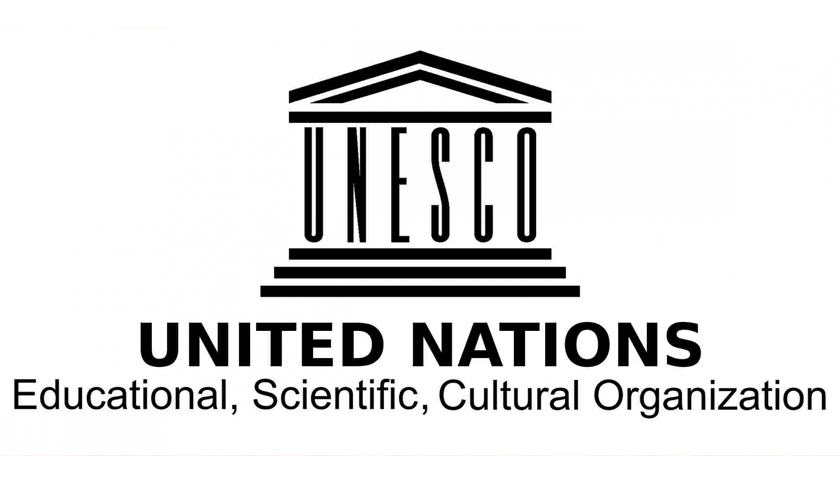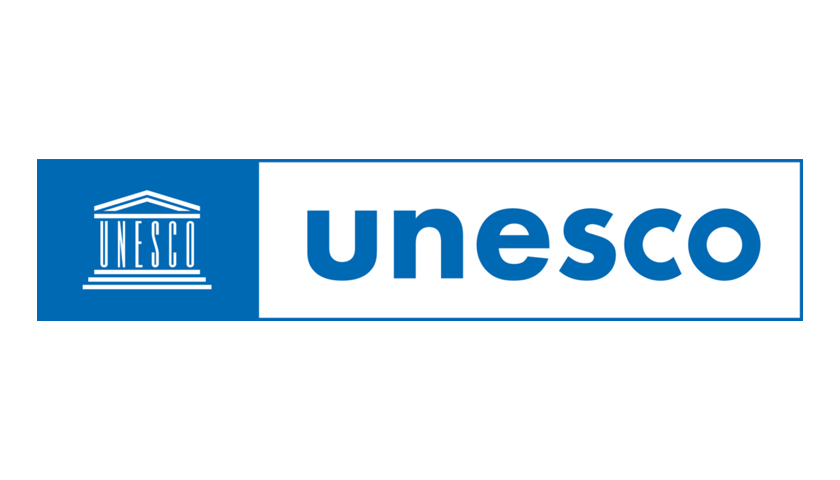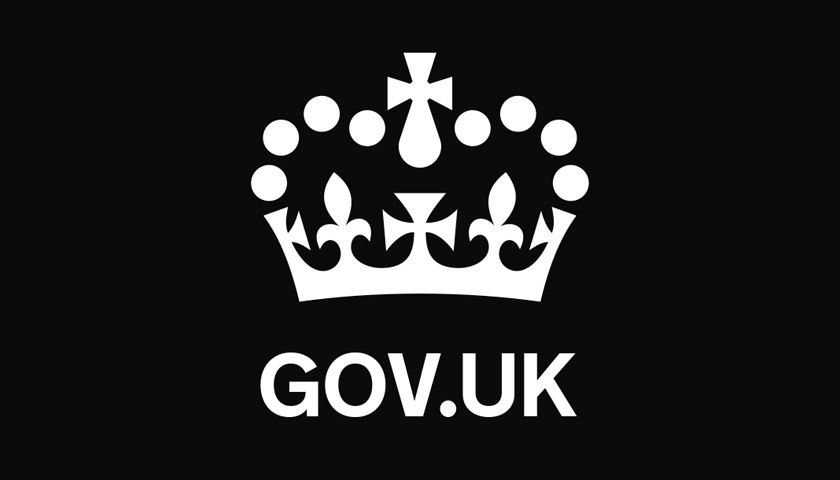UNESCO has launched a global survey entitled, “Learning from the COVID-19 crisis to write the future: National policies and programmes for youth and adult literacy”. The survey is addressed to all the 193 UNESCO Member States and serves to fill in the gap and collect information on the impact of the COVID-19 crisis on youth and adult literacy.
The survey was shared with the countries and requested to be filled out by concerned national authorities in charge of youth and adult literacy policies and programmes. The deadline to receive the responses is 15 May 2022 and the results will be shared publicly through a monitoring report.
The COVID-19 outbreak has produced a massive disruption to education and learning systems around the world. Although several surveys have been conducted to track its impact on various aspects of education, much less is known about what has happened in youth and adult literacy making the need for a more systematic approach to study the effect on youth and adult literacy evident.
The survey aims to capture the existing situation of the literacy ecosystem at national, regional and global levels. It will also guide countries in their efforts to build better, effective and practical literacy systems, programmes and policies in the framework of the national responses and recovery plans to overcome the harmful impact of the COVID-19 pandemic.
In this sense, the data collected will be analyzed and used to produce a monitoring report including best practices, local measures, national policies, efficient programmes and new trends on literacy learning and teaching. Furthermore, a policy brief based on the survey’s results will be developed and disseminated to all Member States.
The scope of the survey is expected to help ensure more strategic responses of countries, UNESCO, and other partners to the COVID-19 crisis, not only in the recovery phase but in the journey towards the achievement of Sustainable Development Goal 4 on education and lifelong learning, especially SDG4 target 4.6 on youth and adult literacy.
The survey’s questions focus on a range of issues essential to the progress of youth and adult literacy including; strengthening national systems, policies, plans and measures; enhancing programmes and interventions to address the learning needs of disadvantaged groups, especially young women and girls; leveraging digital technologies to expand access to learning and improve learning outcomes; monitoring progress and assessing literacy skills and programmes and; fostering partnerships, advocacy and communication, and resource mobilization.
The richness of information that will be gathered in response to the survey will be a valuable resource for policy-makers to advance their work towards progress for youth and adult literacy policy and programmes.


